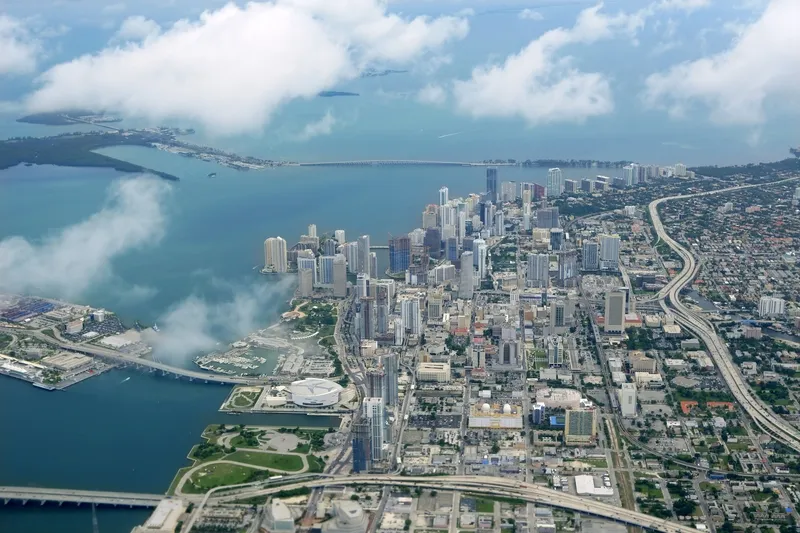The American Public Transportation Association (APTA) and the NFC Forum have signed a formal Memorandum of Understanding (MOU) that will enable the two organisations to jointly educate the industry on near field communication (NFC) technologies supporting the needs of public transportation operators.
The use of NFC for public transit ticketing is growing. Recently, New York State announced a plan to support NFC payments for the 11-million-user Metropolitan Transportation Authority, and the UK Cards Asso
February 18, 2016
Read time: 2 mins
The American Public Transportation Association (618 APTA) and the NFC Forum have signed a formal Memorandum of Understanding (MOU) that will enable the two organisations to jointly educate the industry on near field communication (NFC) technologies supporting the needs of public transportation operators.
The use of NFC for public transit ticketing is growing. Recently, New York State announced a plan to support NFC payments for the 11-million-user Metropolitan Transportation Authority, and the UK Cards Association unveiled a framework to implement contactless payments, including NFC, nationwide on all forms of public transit.
Through the MOU, APTA and the NFC Forum will work on joint programs including training courses, white papers, case study analyses, merchant and transportation customer research, webcasts, and hosted events or trade shows.
APTA will work with the NFC Forum Transport Special Interest Group (SIG) to define approaches for utilisation of NFC technology to address a range of needs, including supporting passenger information systems, ticketing, and proof of payment fares. APTA will also participate in global workshops led by the Transport SIG with leading standards organisations, including the GSM Association (representing mobile operators), CEN/TC278 (the organisation promoting intelligent transportation systems), Smart Ticketing Alliance and public transportation authorities for the purpose of gathering requirements and harmonising work across the groups.
Public transportation is a key target market for the NFC Forum. The NFC Forum has been active in promoting the adoption of NFC technology in public transportation, most recently forming an alliance in 2015 with the GSM Association, Smart Ticketing Alliance, and CEN/TC278 to bring about harmonization of specifications with regard to NFC technology for the public transport industry.
The use of NFC for public transit ticketing is growing. Recently, New York State announced a plan to support NFC payments for the 11-million-user Metropolitan Transportation Authority, and the UK Cards Association unveiled a framework to implement contactless payments, including NFC, nationwide on all forms of public transit.
Through the MOU, APTA and the NFC Forum will work on joint programs including training courses, white papers, case study analyses, merchant and transportation customer research, webcasts, and hosted events or trade shows.
APTA will work with the NFC Forum Transport Special Interest Group (SIG) to define approaches for utilisation of NFC technology to address a range of needs, including supporting passenger information systems, ticketing, and proof of payment fares. APTA will also participate in global workshops led by the Transport SIG with leading standards organisations, including the GSM Association (representing mobile operators), CEN/TC278 (the organisation promoting intelligent transportation systems), Smart Ticketing Alliance and public transportation authorities for the purpose of gathering requirements and harmonising work across the groups.
Public transportation is a key target market for the NFC Forum. The NFC Forum has been active in promoting the adoption of NFC technology in public transportation, most recently forming an alliance in 2015 with the GSM Association, Smart Ticketing Alliance, and CEN/TC278 to bring about harmonization of specifications with regard to NFC technology for the public transport industry.









